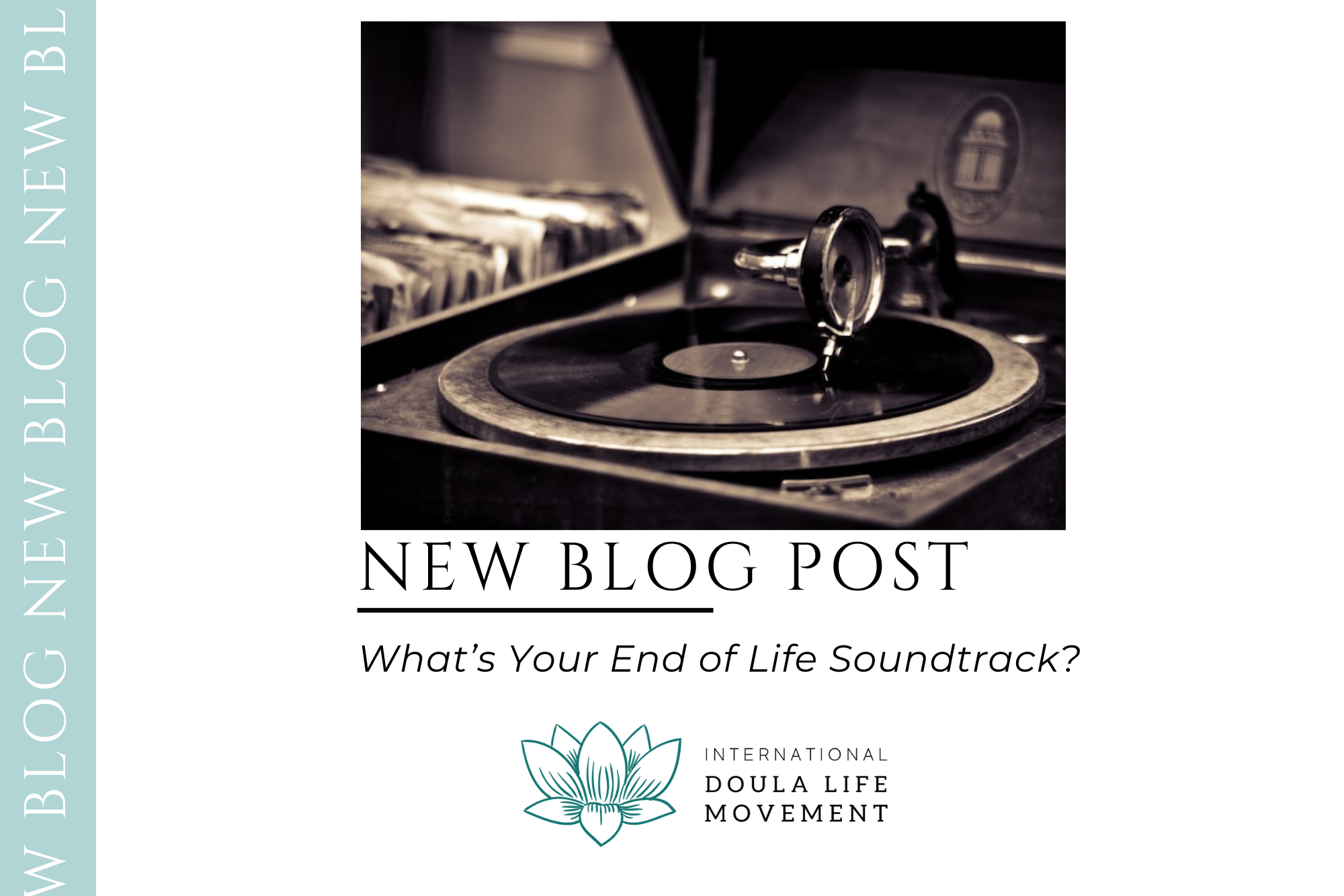A couple weeks back, I was having a pretty rough day. One of those days where nothing seems to go right, and nothing seems to help, and the only thing you can do is give up, lie in a dark room, and listen to Simon and Garfunkel on repeat. You might have a different preference when it comes to the music but I’m sure you know that sort of day.
As I was laying there listening to “Bridge Over Troubled Water” and “The Sound of Silence,” I remembered a card from the Death Deck that asks the person holding it what kinds of sound they’d like to have around them during their final hours, whether it be music, nature sounds, or the voices of their loved ones. I thought if I was on my deathbed, I wouldn’t mind having Simon and Garfunkel there with me. I thought of a time I was sent to visit a hospice patient, only to find he was farther along in his transition than anyone had thought. We weren’t going to have a chatty visit, but I was there and nobody else was, so I used my phone to play classical music and sat bedside with him for an hour, until his son and caretaker returned. It was the most peaceful part of my week.
Studies indicate that hearing may be the last of our senses to go when we pass away. This is why family members are encouraged to continue speaking to loved ones as they transition, all the way through to the end. And it’s a good argument for making a playlist that can be put on for those final hours. We’ve all heard that music can soothe the savage breast. It can be a comfort for the dying patient as well as their loved ones, creating an atmosphere of peace and calm, and communicating emotions that couldn’t be expressed any other way.
Some doulas have Spotify playlists of music they use for bedside. Some have multiple, and choose depending on the client—religious or secular music? Classical or something more contemporary? Or as the Death Deck mentions, maybe nature sounds are the most appropriate choice.
If you have time with the client beforehand, helping them to make a personal playlist could be very meaningful, whether they choose the music themselves or invite friends or family to help them make their selections. It is the kind of thing that everyone can help with, finding ways to create and maintain connections in those final days, and memories that can be carried forward indefinitely.






